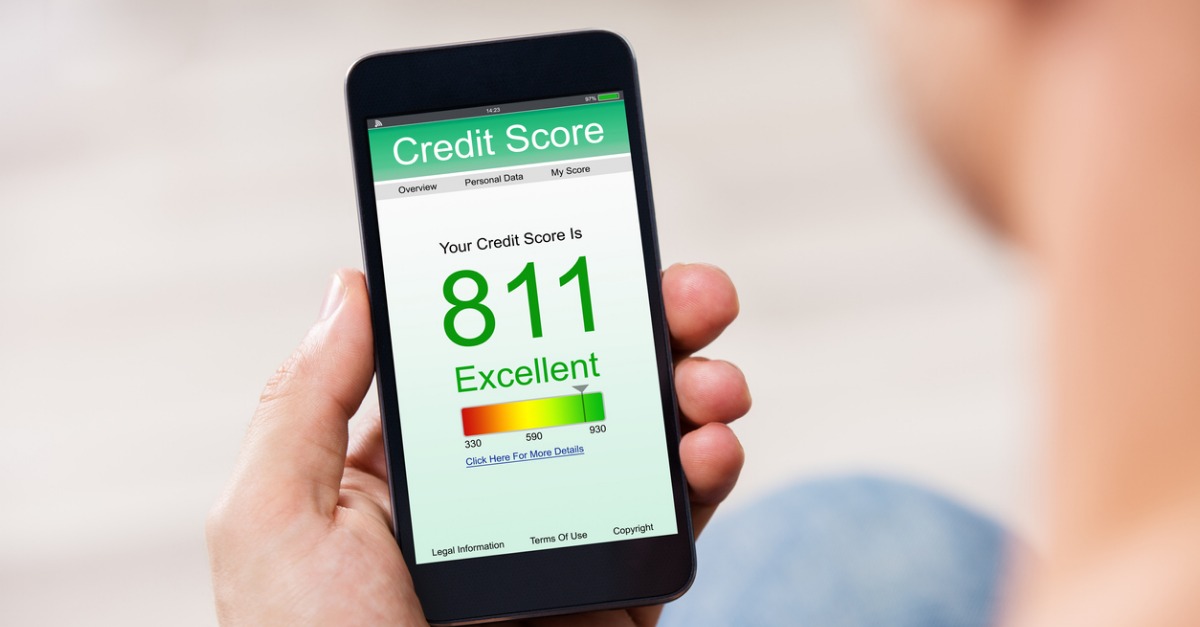There are some obvious things that can hurt a credit score: paying your bills late, using too much available credit in proportion to your income, and defaulting on a loan. Some other financial transactions, however, don’t affect a credit score. You may even be surprised by them.
Here are five things that don’t affect a credit score, which is something you want to continue improving so that you’ll have access to the best mortgage rates and terms:
Income
Creditors and lenders obviously want you to have an income, and information about your employer may be listed on your credit report, but your actual income isn’t reported as part of a credit score.
Your income will be used to decide how much you can afford to borrow, but a high salary won’t boost your credit score, and a low salary won’t hurt it.
Overdrafts
Overdrawing your bank accounts can be costly, but they won’t hurt your credit score as long as you clear them before they go to collections.
If your account remains overdrawn for weeks and the bank sends it to a collections agency, you can expect your credit score to be dinged. It’s not the overdraft account that’s causing the credit score to drop, but the fact that it went to a debt collection agency.
Missed Insurance Payments
A credit score can be used by an insurance company to calculate your insurance premium, but your insurer won’t report your insurance premium payments—whether on time or late—to credit bureaus.
If you miss just one insurance payment, your insurance company could cancel the policy entirely or until payment is made. But it’s unlikely they’ll send it to a collections agency.
Checking Your Own Credit
You can check your credit report or score as much as you want without being penalized for it. Start at AnnualCreditReport.com for a free report each year from three of the major credit reporting agencies.
If a lender checks your credit score, such as when applying for new credit, that will likely hurt a credit score, though only a little and not for long. Too many queries in a short time could drop it a little more.
Credit Counseling
If you’ve sought help from a credit counselor to help manage your credit card payments, it may show up on your credit report. It won’t, however, hurt your credit score.
As long as your creditor is getting your payments on time—either through you or the credit counselor—the fact that you’re getting credit counseling won’t hurt your score. But if the payments arrive late, expect to see your credit score drop.











